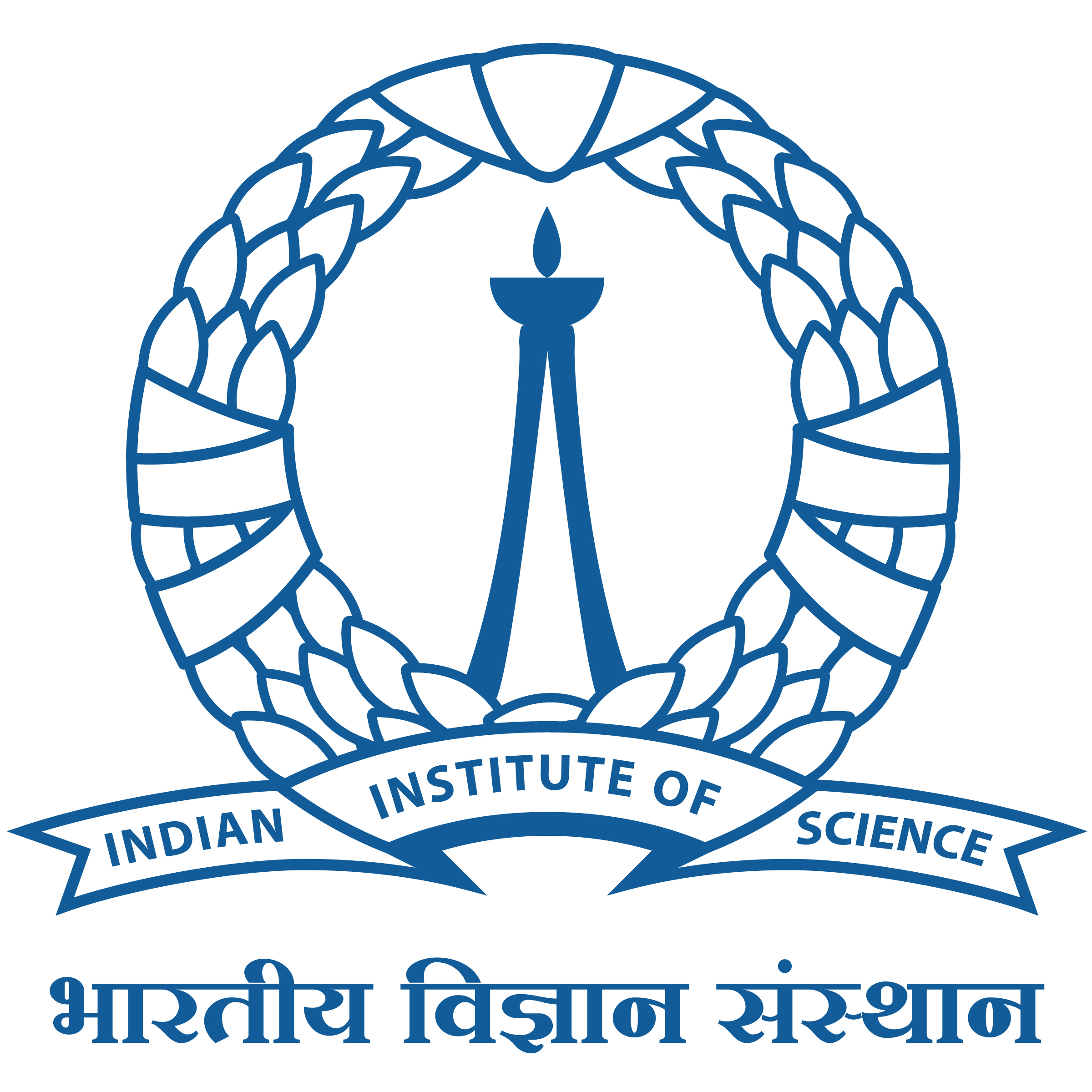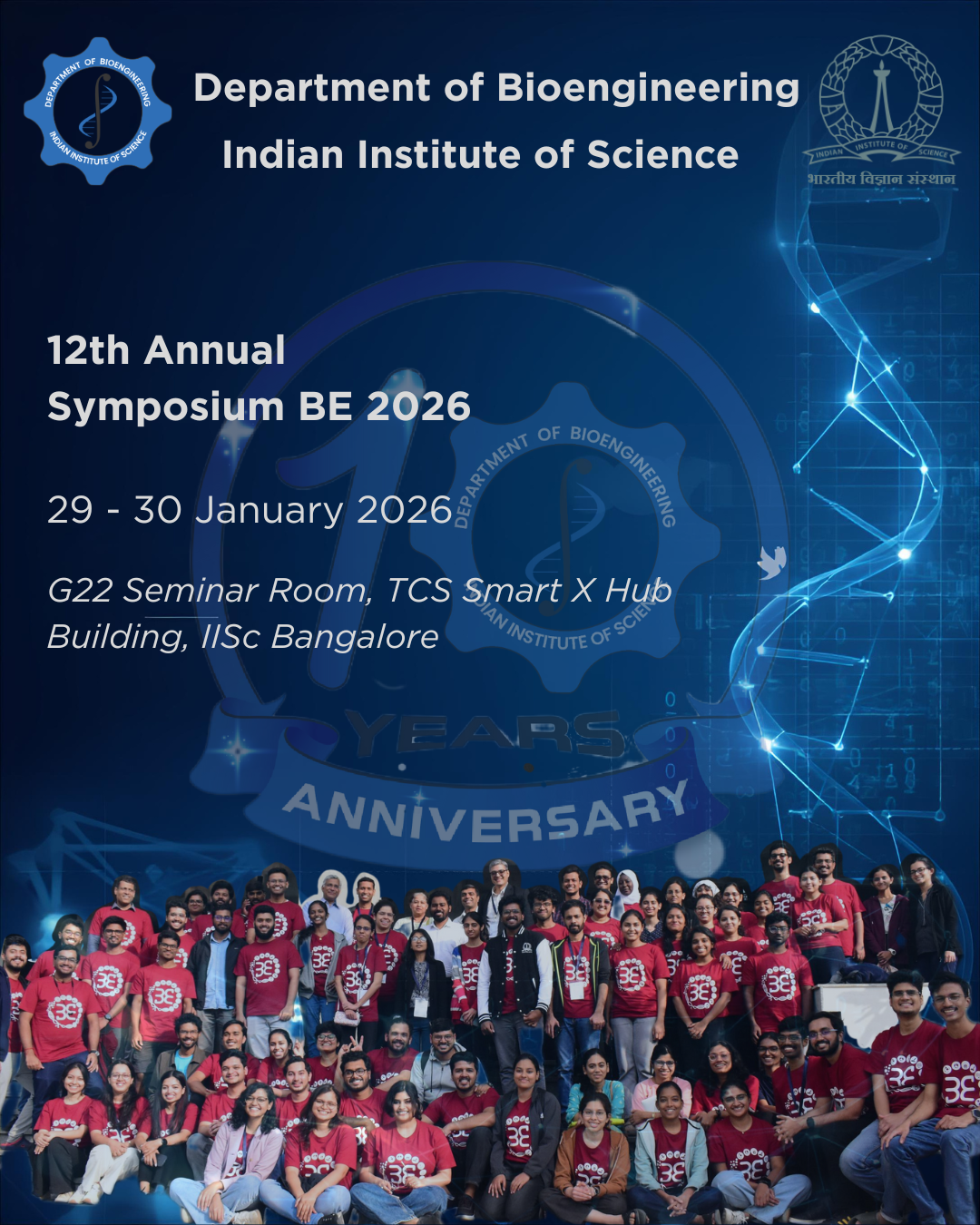BE Seminar, Pooled Microscopy-Based CRISPR Screens by Dr. Krishna Choudhary
IDR Building - G12: Classroom 3Speaker: Dr. Krishna Choudhary Postdoctoral Scholar, University of California, San Francisco. Date:10th March Time: 4.00 PM Venue: TCS Smart X Building, Classroom 03 - (G F - 12) Title: Pooled Microscopy-Based CRISPR Screens Abstract: Pooled CRISPR screens have revolutionized the process of identifying genetic targets for drug development. Traditional CRISPR screens typically focus on a […]


